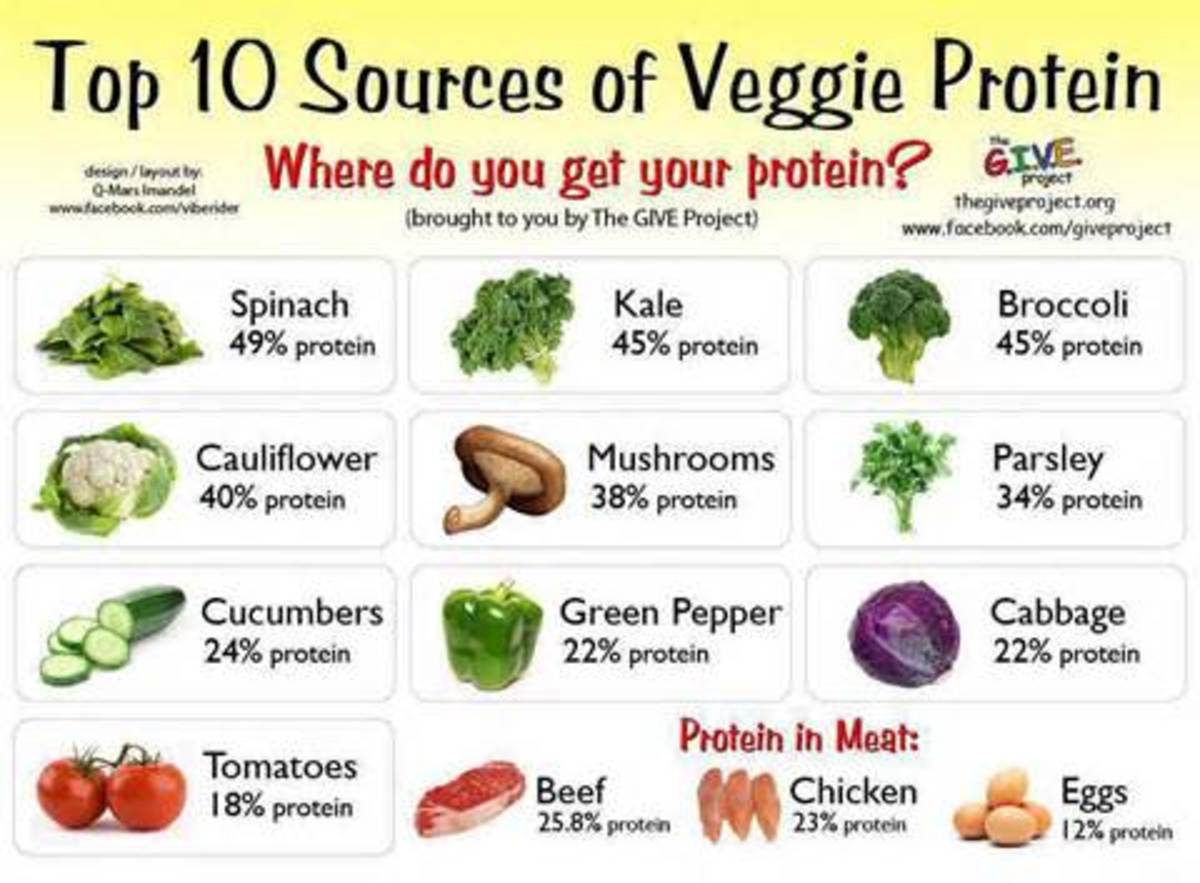The Importance of Protein in a Dog's Diet

Understanding dog nutrition is not easy. This is why there are nutritionists out there. However, it does not take rocket science to understand some basics. Do not let the technical lingo found on a dog food label confuse you. Deciphering such labels is much easier once you understand your dog's nutritional needs. This guide should help you understand the role of protein in a dog's diet and what happens if your dog lacks protein or is over supplemented with it.
Proteins are organic compounds composed by thousands of amino acids. They are essential nutrients for all the dog's tissues and organs during the dog's phases of growth and development. Proteins also play a main role in the dog's immune system, and when consumed, they are burned as calories and can be stored as fat.
Dogs in the wild primarily ate a meat based diet consuming a high percentage of protein. They also consumed some fat and a some fiber and carbohydrates mainly through berries and the stomach content of their prey.
Dogs however do not need primarily protein, but what they really need are the amino acids contained within. Dogs require 22 amino acids, but 12 can be synthesized by the body but the remaining 10 must be acquired through food. These are called essential amino acids. Following are essential amino acids:
Essential Amino Acids
- Arginine
- Histidine
- Isoleucine
- Leucine
- Lysine
- Methionine
- Phenylalanine
- Threonine
- Tryptophan
- Valine
* and in cats ''Taurine'' (dogs can synthesize taurine, therefore they do not require it in the diet-this explains why people should never feed cats dog food, it is not nutritionally complete for them.
Which dogs need more protein?
Protein requirements vary from one dog to another. Young dogs should receive at least 22% of protein, whereas adult dogs may benefit from 18%. Lactating dams will benefit from protein in order to produce milk for the pups and performance dogs, engaging in competitions or other high energy activities, will require higher protein levels. Sick dogs may also require higher protein levels to overcome disease.
Can too much protein cause trouble?
Healthy dogs fed a lot of protein will excrete a good part with the urine whereas the remaining may burnt as calories or stored as fat. Interestingly, protein content has been over time a topic of debate when it comes to feeding large breed puppies. Indeed, according to Pet Education, studies suggest that in large breed puppies lower protein and fat diets may reduce the incidence of bone and joint problems. For this reason, many pet food companies have been marketing foods just made for large breed puppies featuring lower protein and fat contents and offering a special blend of calcium and phosphorus.
However, it is important to note that bone and joint problems in large breed puppies may be genetically linked and not always diet related (even though diet may make these congenital conditions worse)
Protein Sources
Generally, the higher the quality of protein the less amount will be needed to fulfill the dog's need for amino acids. This is why super premium dog foods of high quality may save money in the long run because smaller amount may need to be fed. Also, high quality protein generates less waste that needs to be removed from the body.
Protein sources are listed in the dog food label and may consist of the following ingredients: meat byproducts, poultry by products, fish by products, Bone meal, Fish meal, Meat meal...Good, highly digestible proteins in dog food should consist of the following:
- Fish meal
- Lamb
- Beef
- Chicken
Lack of Protein
A lack of protein in a dog's diet may cause:
- Weight Loss
- Impaired Growth
- Anemia
- Anorexia
- Dull Coat
- Lowered Immunity
- Muscle Wasting
While dogs may survive without meat but require meat in order to thrive, an entirely meat based diet is not good for dogs either.
Some dogs have demonstrated being allergic to certain proteins. In these cases, it may help putting the dog on an hypoallergenic diet featuring new sources of protein. These are diets containing venison, duck, salmon, bison etc. Sources of protein the dog has never been exposed to.









